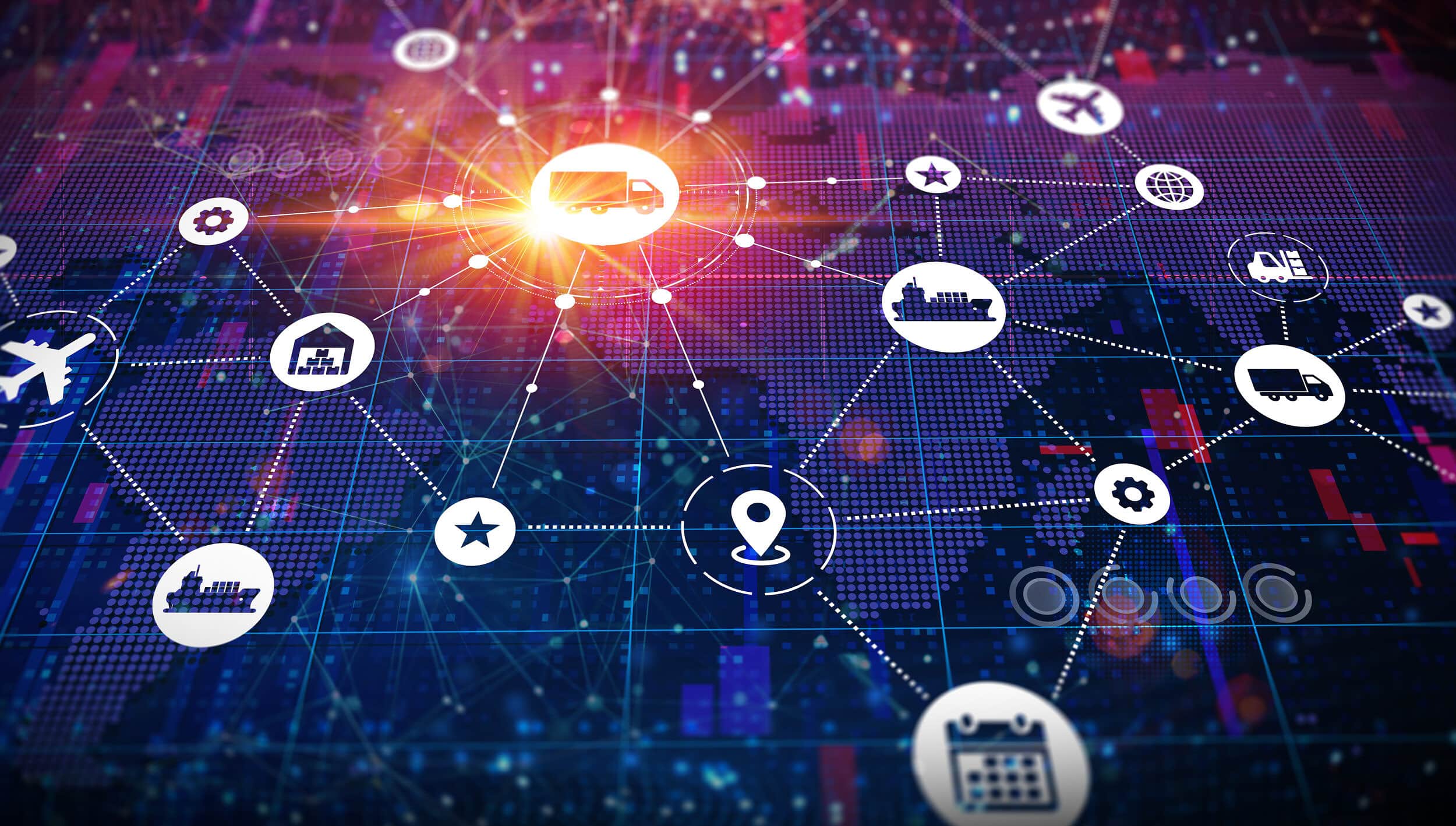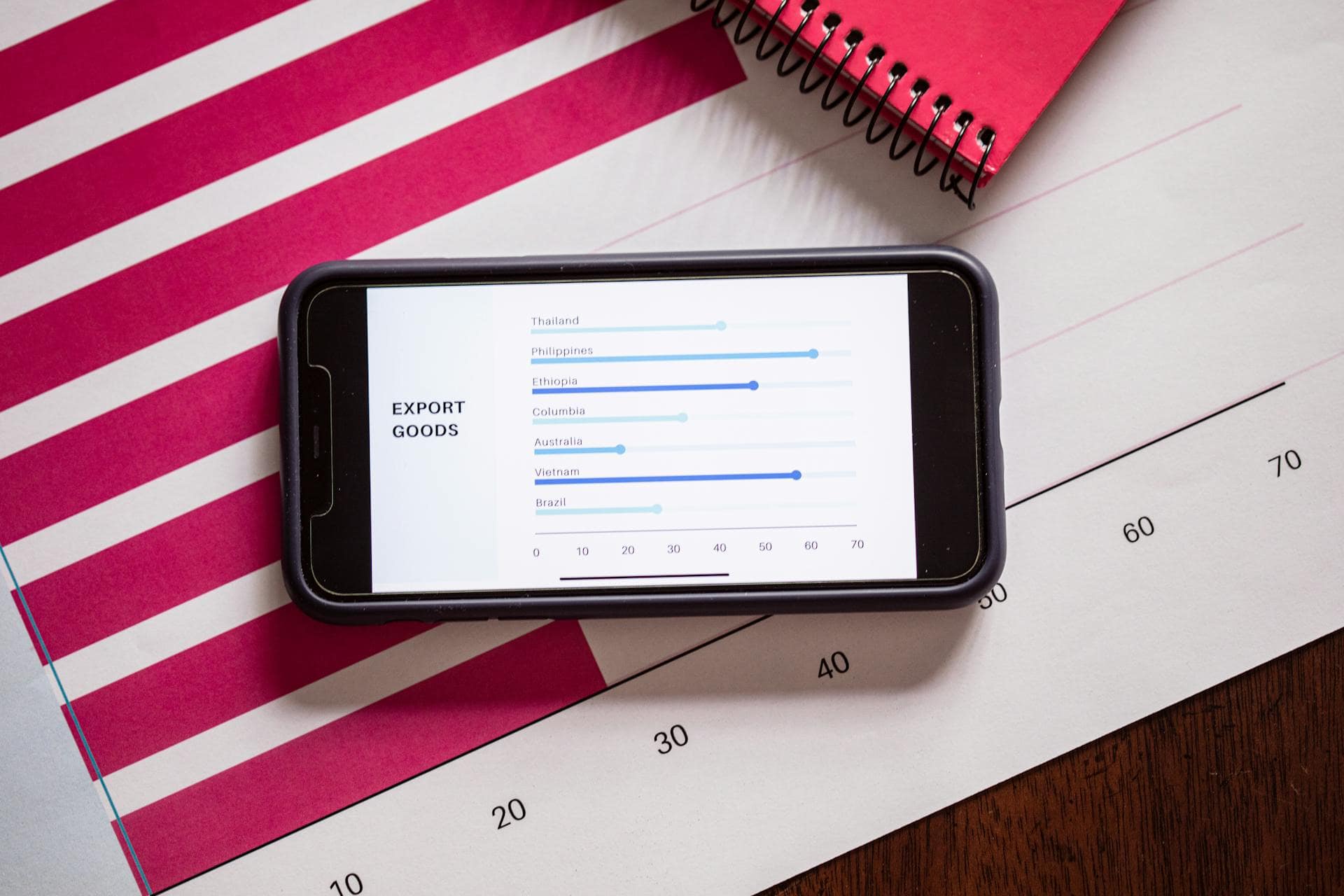International shipping organizations function within a very complicated and strict landscape. In addition to keeping up with the ever-changing trade regulations of hundreds of countries, a successful global company must manage a constant influx of complex data, run regular compliance checks, and maintain its reputation of consistency and reliability.
While complying with international trade laws presents many challenges, recent technological developments have taken global trade compliance into the digital age, accelerating and automating manual processes that once required hours of tedious work.
What is Global Trade Compliance?
Global trade compliance is a name given to the way a company or organization imports and exports products internationally. Every country has its unique import and export laws. So, in order to legally do business with another country, an organization must fully understand and comply with the trade regulations set forth by that country, as well as the global principles and standards of the World Trade Organization (WTO). Such regulations include:
- Rules of Origin: The specific “criteria needed to determine the national source of a product.”
- Most Favored Nation (MFN) Treatment: A principle that prevents an organization from granting special treatment to one of its global trade partners.
- Transfer Pricing: A regulation created to prevent an organization from misrepresenting the value of an asset by transferring it to another internal division of the organization.
The importance of global trade compliance can not be overstated. If you don’t play by the rules, there are serious consequences. In the first quarter of 2022 alone, international trade companies have given billions of dollars in fines. Failure to comply with global trade laws can even land company employees behind bars in some countries. Obviously, these consequences directly affect a company’s finances, but they can also damage an organization’s global reputation, leaving lasting effects for years into the future.
Unfortunately, these severe penalties don’t discriminate between willful and unintentional non-compliance. As a result, countless companies have suffered the consequences simply because they were unaware of a regulation change or the need for a new document.
The Challenges That International Transport Companies Face.
In every business landscape, there are challenges, and global trade is no different. Three of the most common challenges that international import and export companies face are interpreting the complex global trade regulations, understanding supply chains, and organizing company data.
1. Interpreting complex global trade regulations
International trade rules are complicated, constantly updated, and adjusted, making them very difficult to understand and stay on top of without extensive knowledge and training in global trade.
2. Understanding your supply chain
Understanding a product supply chain is rarely a straightforward process. Much more is involved than simply adhering to the trade laws of your own country or those of the country you are dealing with. You also need to take into account the regulations of the country (or countries) that export the materials required to make your products, as well as any stops that your assets make on the way to their final destination.
3. Data organization
Every aspect of modern international transport produces massive amounts of data. This information is crucial to acquiring licenses, permits, and the appropriate approval needed to deal internationally. However, as more and more data floods in, it can quickly become difficult to organize and keep track of. Without an effective way to sort and store data, important documents can get lost or put at risk of theft.
How to Stay on Top of the Global Trade Compliance Landscape
The global trade compliance landscape is evolving faster than it ever has before, and without the proper resources, your company may lack the facilities to compete in this technological era.
The best way to overcome the challenges associated with global trade compliance is to modernize your organization with an automated global trade management solution.
A modern solution can do the following for your company:
1. Automate compliance checks
Automated electronic compliance checks simultaneously verify all of your licenses, exemptions, and approvals alongside those of the countries you are involved with, ensuring that all the needed documentation is in place. In addition, these digital checks protect you from running into sneaky fines and prevent you from doing business with unsanctioned organizations.
2. Organize and secure data
Software-based global compliance management systems automatically process and sort your data and store it in a central database. Then, built-in security features like trademarking technology and ID authentication ensure your data doesn’t fall into the wrong hands.
3. Import and export management
With modern technology, importing and exporting assets has never been easier. Global compliance software can streamline order creation and shipment consolidation for products leaving the country and automate the customs and consolidation process for incoming shipments.
4. Provide you with knowledge and resources
When a new trade regulation is implemented, it’s essential to research and fully understand the changes so that you can adjust accordingly. The right global compliance management system can keep you up to speed by giving you access to new and existing information on license management, product classification, global trade controls, and technical data exports.
Modernize your International Trade Affairs with OCR Global Management Solutions
Operating within the complex global trade compliance landscape is a challenging feat. While some corporations hire dozens of experts to manage their international affairs, software-based global compliance management systems provide a more straightforward and often more efficient solution.
OCR, Global Trade Management, is trusted by industry-leading corporations across the globe to organize and manage their international trade compliance arrangements. Our goal is to push compliance innovation with the help of modern technology. See how OCR can take your organization to the next level by requesting a product demonstration today!
Reference Links :



